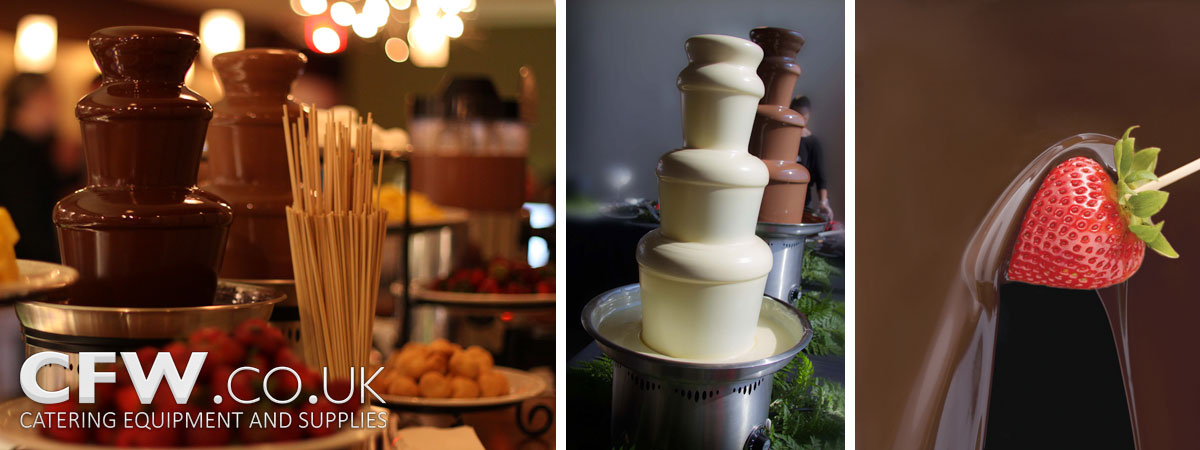
Chocolate’s appeal is crystal clear
Chocolate molecules are arranged in a crystalline structure, where its molecules, atoms, or ions are connected to one another in an organized pattern. Since the product contains various kinds of crystals that melt at different temperatures, it has to be tempered carefully to achieve the desired consistency. At room temperature, chocolate keeps its solid form and makes a satisfying snap when bitten into. Once eaten, thermal energy changes the crystalline structure and causes it to melt into liquid. Leisurely enjoying chocolate delivers a better sensory experience.
Sit back and savour the aroma
Flavour is closely linked to our sense of smell and not just taste. The butter content holds the molecules that make up the distinct aroma of chocolate, releasing them slowly onto the tongue and up the retronasal passage as it melts in the mouth.
“When you put it in your mouth, a chemical reaction happens,” Peter Schieberle, a food chemist who received the 2011 ACS Award for the Advancement of Application of Agricultural and Food Chemistry, explained. “Some people just bite and swallow. If you do that, the reaction doesn’t have time to happen, and you lose a lot of flavour.”
Smell and memory can make it taste better
In his essay “Perception vs. Reality,” Harold McGee, an author specializing in the chemistry of food science, claims flavour is an experience shaped by personal memory. Since the olfactory cortex is also in the same part of the brain associated with memory, smelling chocolate could trigger memories more intensely than other senses. Favourite brands can remind you of childhood or simpler and happier times, while dark chocolate can decrease stress levels in the brain and help improve psychological health.
Recognize Chocolate’s roasting process
French chemist Louis-Camille Maillard discovered that roasting is one of the best ways to produce cocoa compounds with sweet, nutty, caramel, and chocolate flavours. The browning process known as the Maillard reaction could transform the colour and texture, even boosting the levels of dopamine (the neurotransmitter for reward and pleasure) and serotonin (for moods, desire, and appetite) compared with unroasted cocoa beans.
Terroir is terrific when your take your time
Though the term terroir (defined as the blend of environmental factors that give a distinct flavour to specific crops) is usually associated with wine, it also affects the way we enjoy chocolate. Darin Sukha, a research fellow at the Cocoa Research Centre of the University of West Indies, discovered that processing location and growing environment can impact cocoa flavour. If your favourite bar has a floral note to it, this could be due to the genetics of the plant. Fruity flavours, on the other hand, are influenced by where the cocoa was processed.
“When the influence of different processing locations and growing environments on the flavour and other quality attributes of cacao were systematically investigated, there were significant effects on sensory attributes,” Sukha explained.
